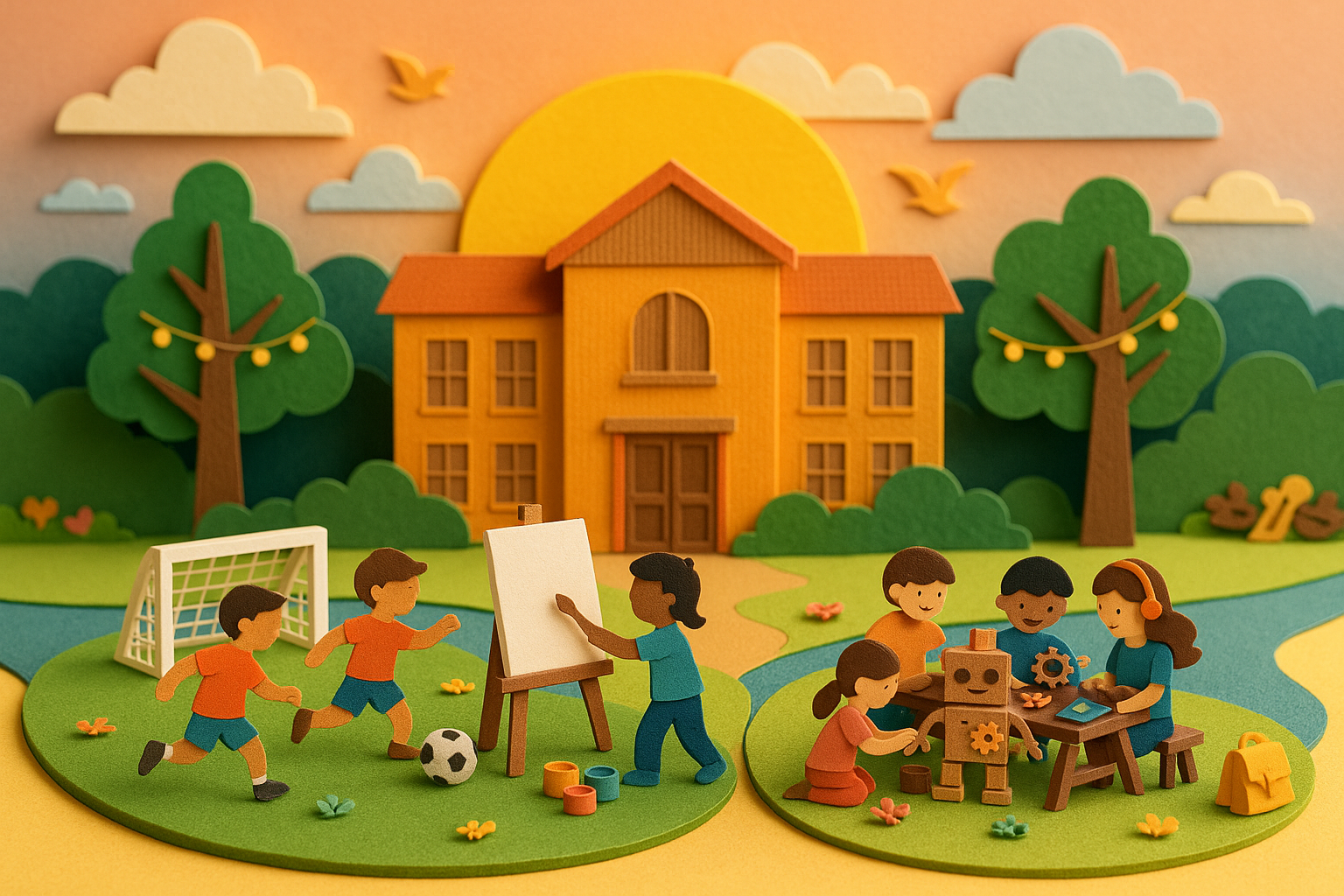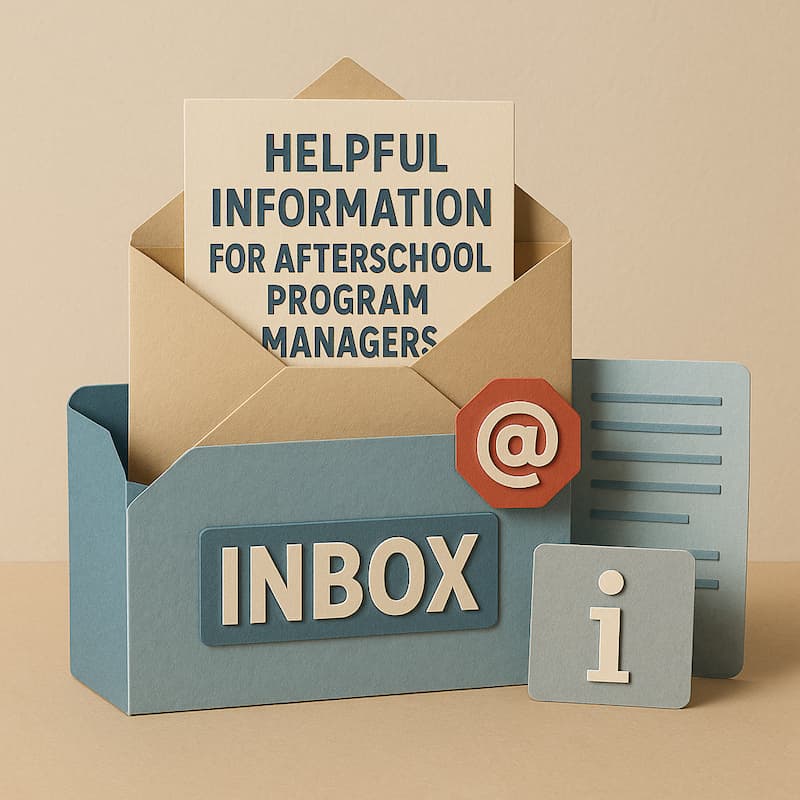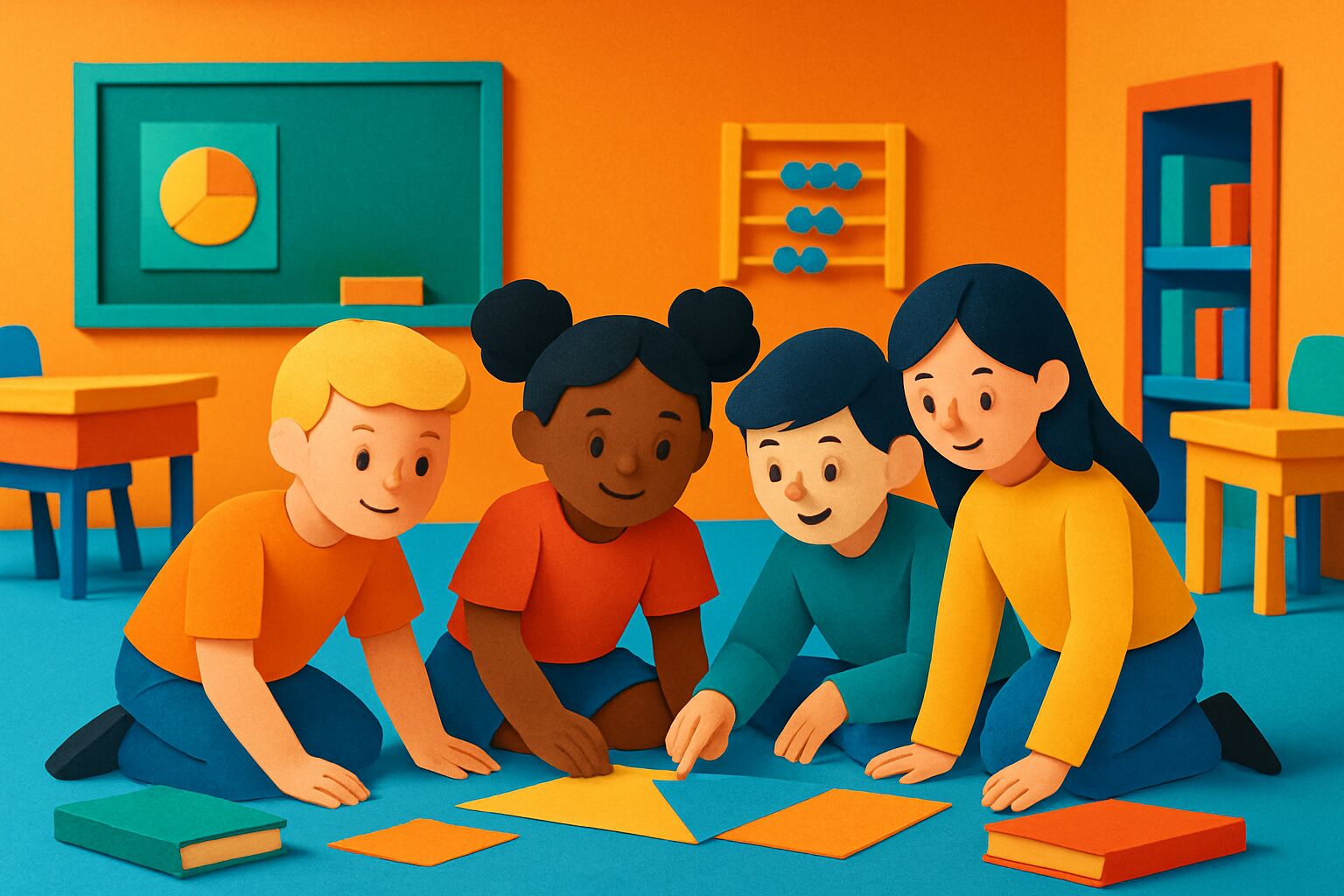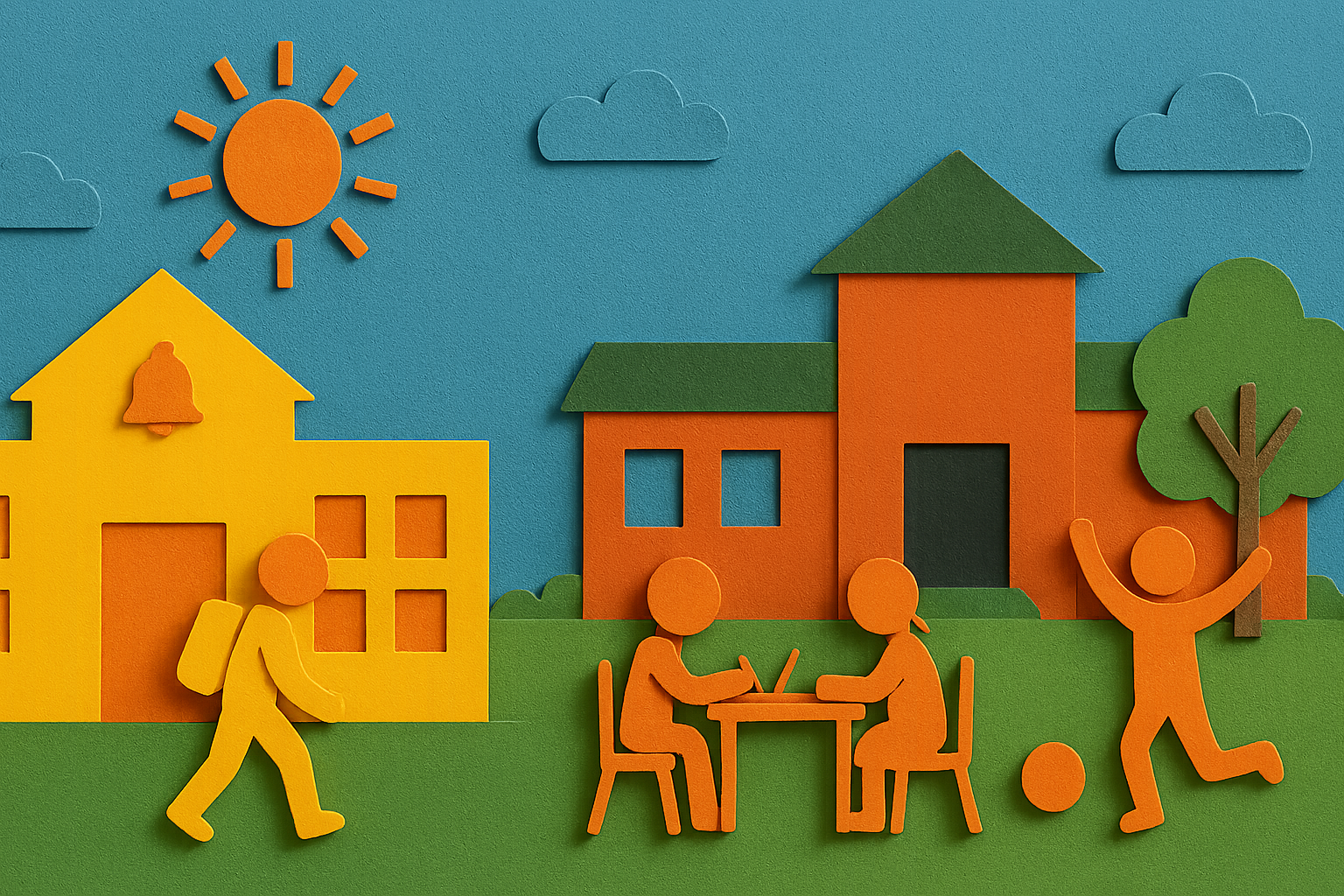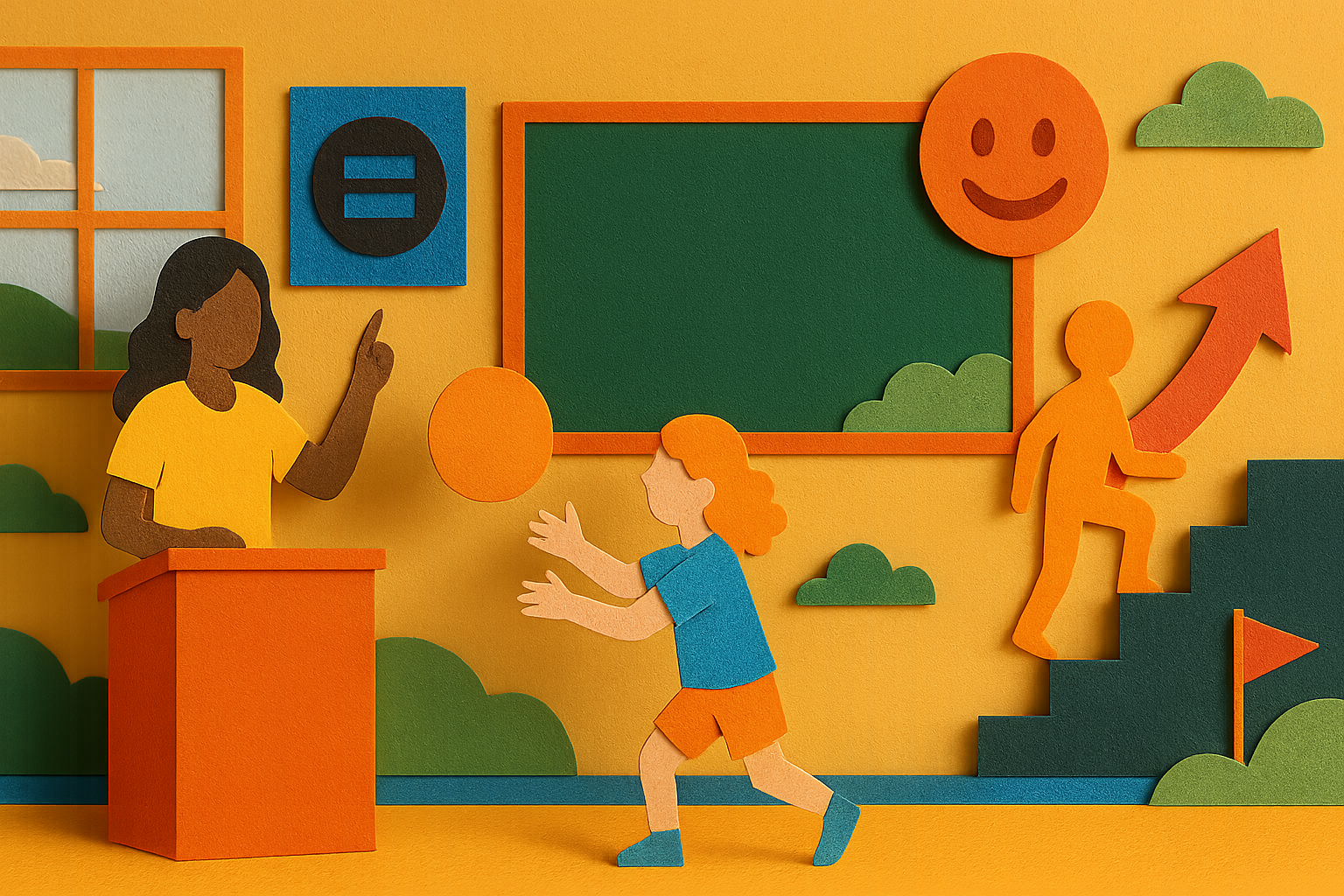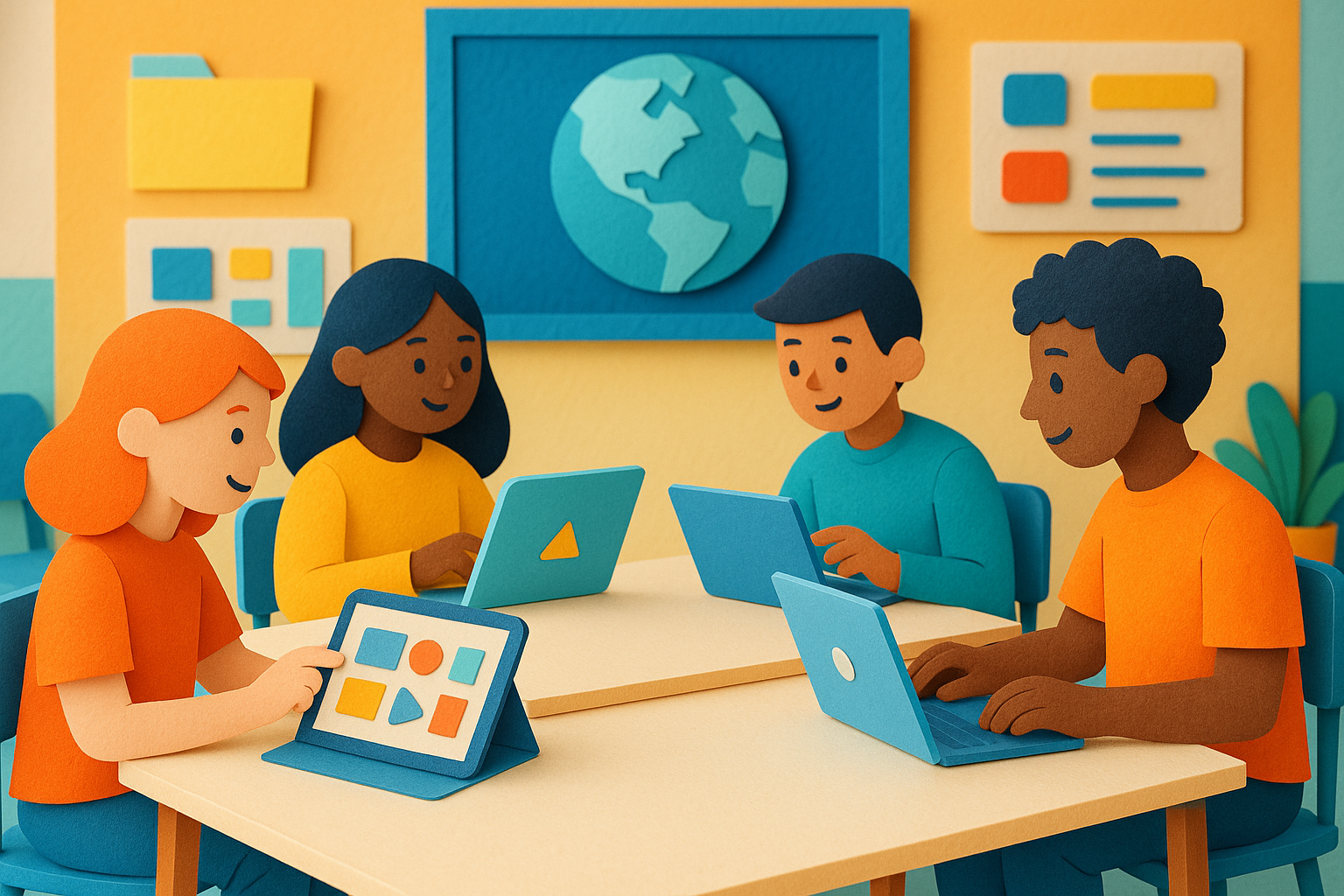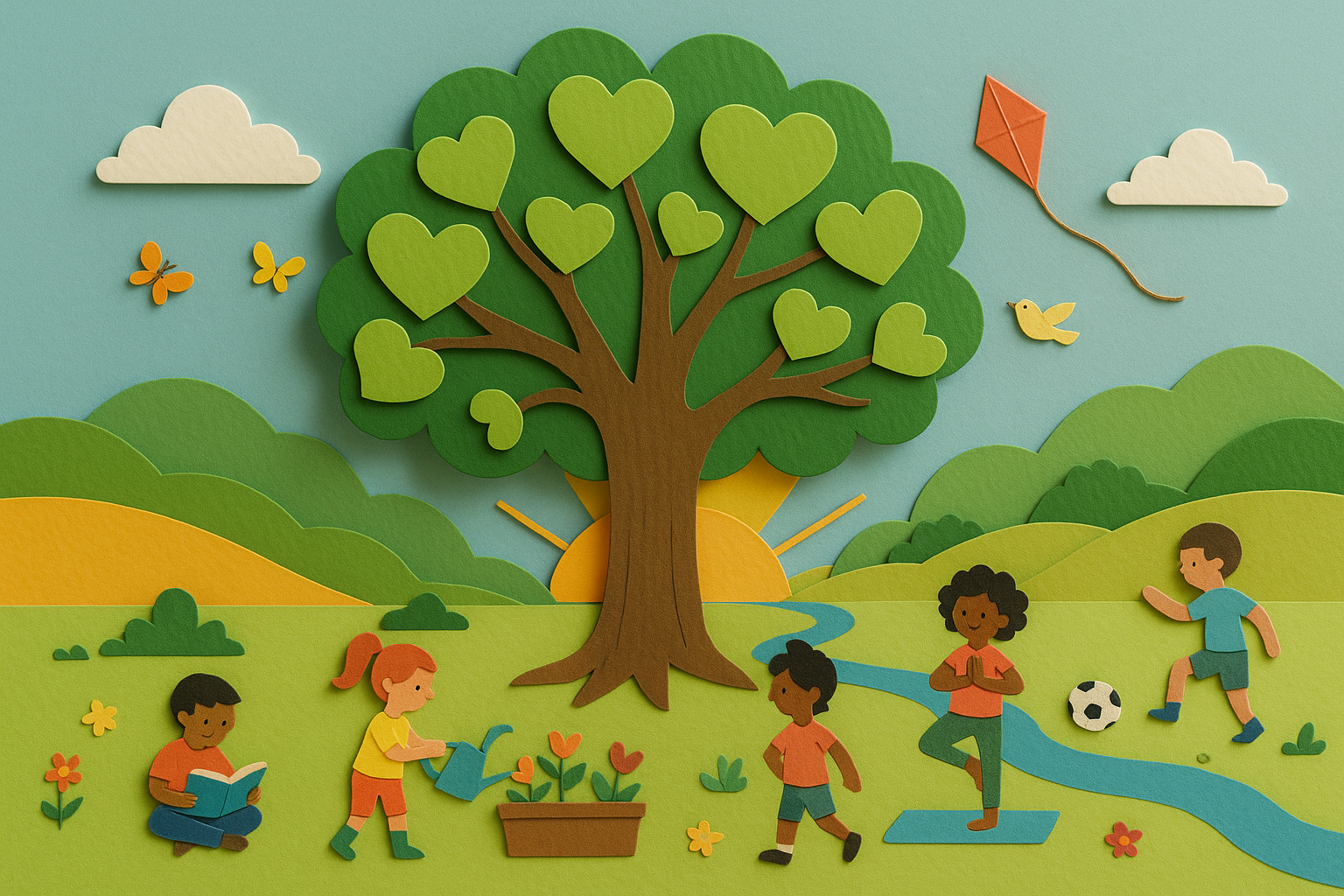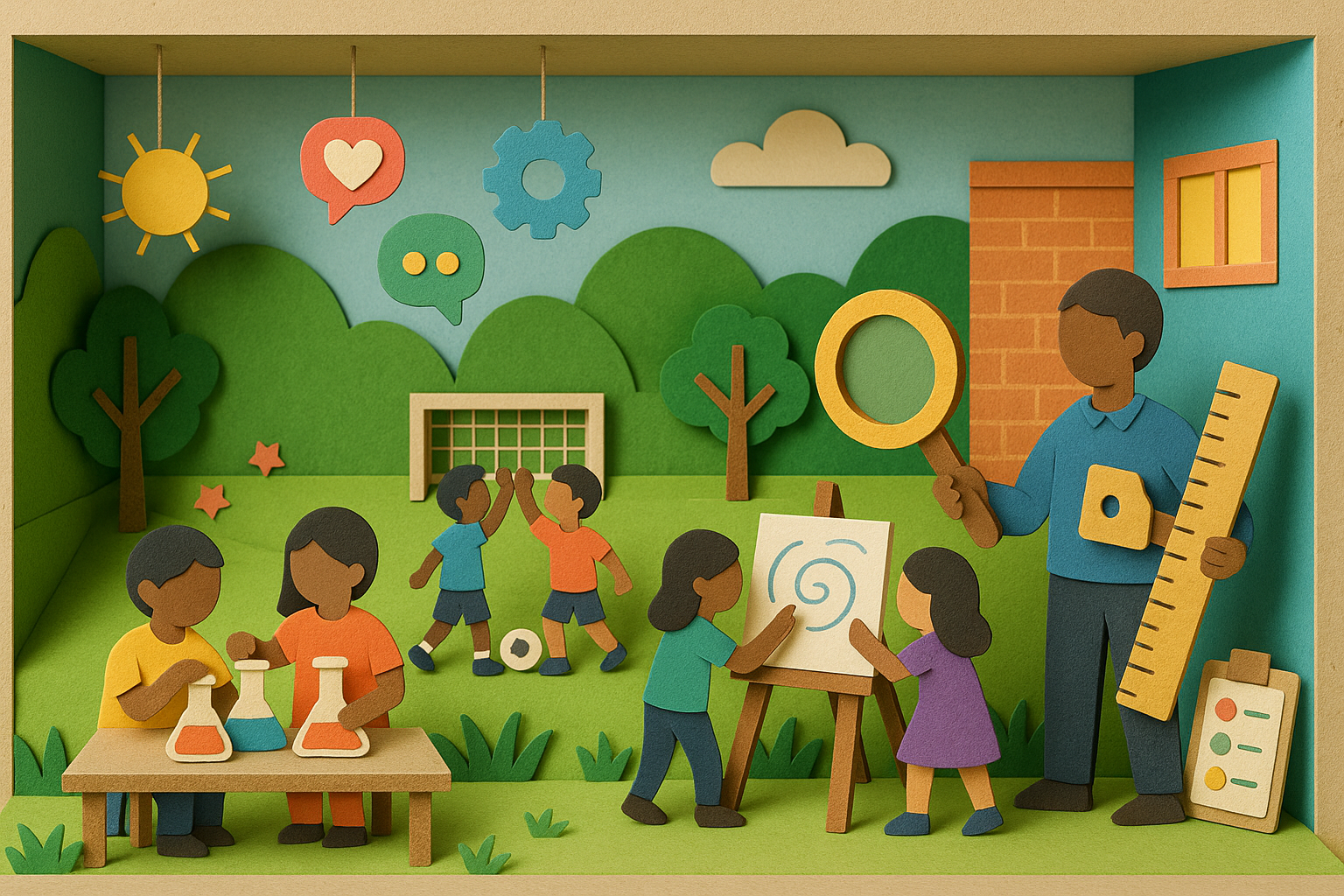For many students, the real excitement begins when the last bell rings. After-school activities give kids the chance to explore new interests and develop important skills outside the regular classroom. Whether it’s arts and music, sports, technology, or leadership, these programs let students explore new activities and experiences they might not get to try during the school day or at home. With each new activity, kids can discover new passions, build confidence, and find out what they really enjoy. Let’s consider the benefits of participating in high-impact after-school programs that can turn the afternoon into a time of fun and growth for young people.
1. Bridging Academic Gaps
After-school programs help students catch up and stay on track with their schoolwork. They offer extra support for kids who might be struggling in certain subjects. With homework help, tutoring, and fun learning activities, these programs reinforce what students learn during the day and help them do better in class, improving their overall academic performance.
2. Providing Access to Enrichment Opportunities
After-school activities let kids try new things they might not experience at school or home. From specialized art and music to science and hands-on technology classes, these programs help students explore new hobbies and interests they might follow into adulthood. For many kids, especially those who don’t have access to these experiences otherwise, after-school programs open up a world of possibilities and provide valuable enrichment activities.
3. Developing Important Life Skills
Joining after-school activities helps students build essential life skills. Through group projects, sports, and collaborative activities, kids learn teamwork, communication, problem-solving, and leadership. These programs provide a safe space for students to take risks, make mistakes, and grow - boosting their confidence along the way. And outside of what might be a classroom focused on test scores, students can learn and grow in ways that are more collaborative and group-led, enhancing their social skills and social development.
4. Creating Safe and Supportive Environments
After-school programs offer a structured and supervised place for students during the critical hours after school ends. For kids without a stable home environment, or in the absence of engaged parents, these programs help keep kids safe and reduce the chances of them engaging in risky behaviors. These programs create a sense of belonging, offering emotional support and positive relationships that are important for well-being as well as a physical space for kids to be safe and healthy.
5. Fostering Community Engagement and Parental Involvement
After-school activities connect schools, families, and the community. They often involve local organizations, businesses, and volunteers who support students. These programs can increase parental involvement by giving families more ways to engage with their children’s education outside of regular school hours, benefiting both working parents and their children.
6. Enhancing College and Career Readiness
Many after-school programs include activities that prepare students for their future. They might offer college prep workshops, career exploration, and skill-building activities that match job market needs. For students, especially those from disadvantaged backgrounds, these programs can be a major step toward higher education and improved career opportunities. This is particularly valuable for high school students as they prepare their college applications.
7. Promoting Physical and Mental Well-being
After-school activities often include exercise, sports, and outdoor opportunities that promote physical health. They also support mental health through stress management techniques, mindfulness practices, and social-emotional learning. By focusing on the whole person, after-school programs help students go beyond standard curriculum and develop healthy habits for life, contributing to positive child development.
Shaping Futures Beyond the Classroom with After-School Activities
From a holistic, whole-person perspective, after-school activities play a big role in helping students grow, succeed, and develop as healthy and engaged individuals. These programs offer so much more than just a place to be after school—they help kids learn new skills, build confidence, and prepare for the future. Whether it’s catching up on schoolwork, discovering new interests, or making friends, after-school programs make a real difference in students’ lives. By supporting and investing in these activities, we can help all students reach their full potential and contribute to their academic achievement.
